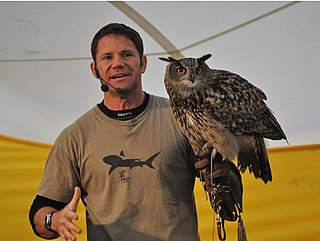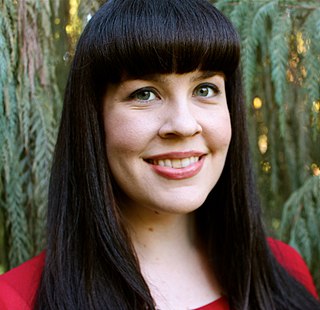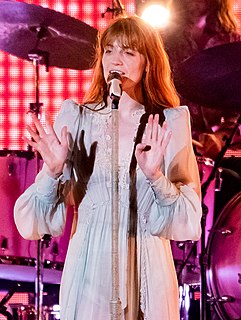A Quote by Stephen King
I think most of us are fascinated by the macabre and by the weird and even the nastiness that comes along.
Related Quotes
I think 'Nathan for You' is a really funny show, along with 'The Grinder' and 'Baskets.' I really like 'Man Seeking Woman.' It's the coolest show because they just do weird stuff, and it doesn't feel weird; they make it normal somehow, which I applaud. And 'Broad City' - I think those guys are awesome.
There is this whole level of communication that I think our generation and younger is used to that does have this weird effect on people. It creates a familiarity that is possibly not always justified. I think that's interesting and I think it's nice to be able to incorporate it into films, because most of us can relate to that now.
I think what's interesting about Alice Munro, too, is the extreme mundanity of things. And how even a life reduced to complete mundanity, like capitalism taking over rural Ontario or whatever, has complete sway over aspects of life. Nevertheless, people still have these moments of weird desperation, weird longing, weird true love, or weird, powerful lust, and that was a major inspiration for me, too.
I think true originality is perpetual. It's always rolling along. True originality is not like this award or trophy you get if you do something weird. It's with you if you have it, and it's still rolling along somewhere, you just gotta go find it. It takes time to reach that point, and understand true originality... I think we all can find it.
My room is like an antique shop, full of junk, and weird stuff. There's a big sword in there. And a taxidermy bird, and a couple of birdcages. And a lot of newspaper cuttings. I used to have a weird thing about cutting out morbid headlines from newspapers, and collecting them. I was fascinated with drowning, which is kind of strange.



































